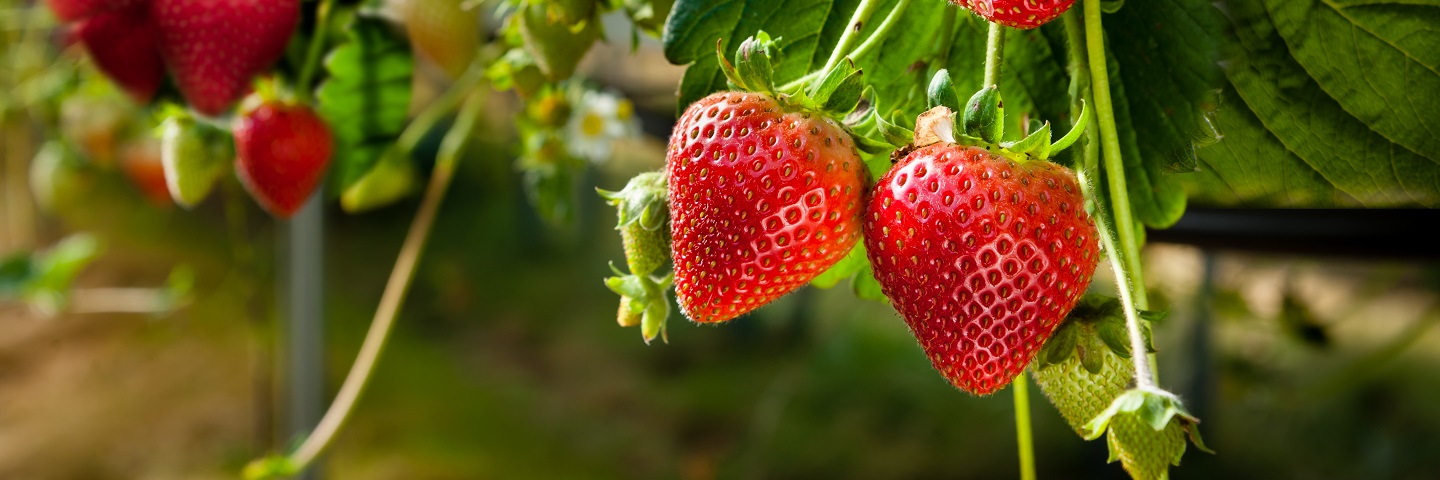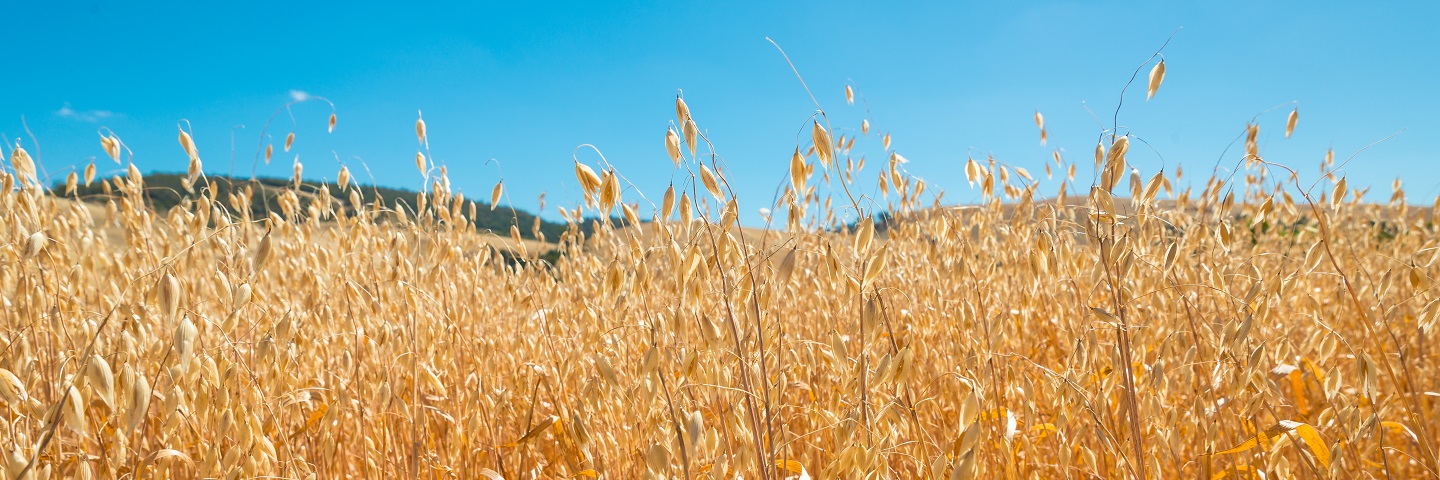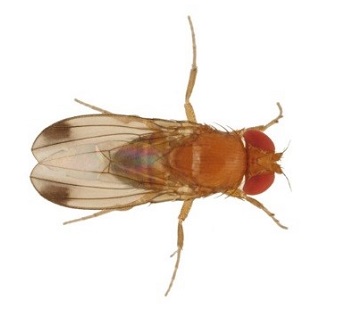
The International Soft Fruit Conference 2018 included a wide range of presentations that covered many different aspects of the soft fruit industry. Simultaneously to these presentations was an exhibition where soft fruit related companies and organisations presented their newest developments and services. The DROPSA team choose to combine their annual meeting with a visit to this event to share their latest findings and outcomes with this ideal audience.
Everyone relies on fruit to stay healthy but destructive pests and diseases are posing a major challenge to the fruit industry. Coordinated by Dr Neil Audsley at Fera, the EU funded project “DROPSA “ aims were to develop effective, innovative, practical and integrated solutions for the control of pests and diseases. Throughout the four-year project, Fera and 25 partners throughout Europe, Asia, New Zealand and North America have examined several potential chemical, biological, cultural, integrated and novel pest and disease control strategies.
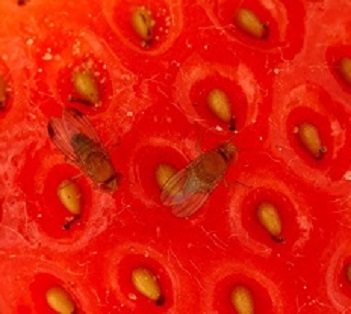
At Fera, Dr Audsley and colleagues have been investigating means to control a fruit fly, Drosophila suzukii, known as the spotted winged Drosophila, an invasive pest which is causing major damage to fruits such as strawberries and cherries. Fera has tested the efficacy of commercial insecticides, as well as investigating more environmentally beneficial techniques such as using biological control agents ( e.g. entomopathogenic fungi) and novel control methods which disrupt fly physiology and behaviour.
Using laboratory trials, Fera has identified the most effective synthetic insecticides, which have then been evaluated in field trials in Italy by other partners. Entomopathogenic fungi have been shown to infect and kill adult flies reducing fruit fly populations. Although not 100% effective, used in combination with other control options, they could provide a useful tool in an integrated pest management strategy.
Dr Audsley and his team have also targeted key components neuropeptide hormones and their associated G-protein coupled receptors,which are responsible for regulating essential fly physiology and behaviour, such as reproduction and development: Disrupting the normal function of these hormones and receptors will result in an inappropriate physiological response and ultimately death. This approach may be developed to specifically target the pest insect without killing non-target beneficial species such as bees.
Through collaborative research and industry involvement, The DROPSA project has provided recommendations to improve current practices and identified alternative methods to control fruit fly and bacterial pathogen populations. As a result of the team’s work, it may be possible, through integrated pest management, to reduce the environmental impact of synthetic insecticides and help manage pesticide resistance.
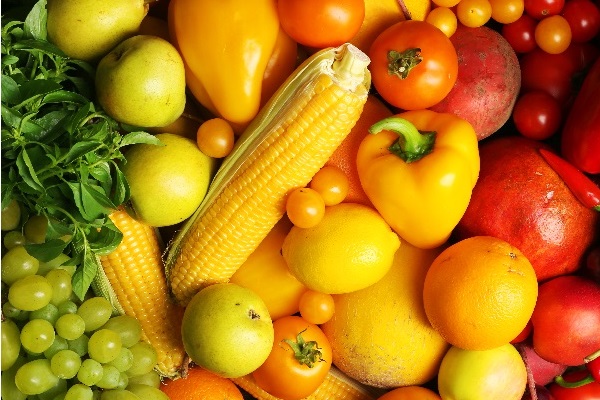
Neil Audsley, project lead, Fera said: “Developing practical and innovative solutions to help tackle the increasing threat of pests and pathogens to European fruit crops will be a vital tool in our armoury to ensure food security for now and for many years to come. This is no easy task. Fruit crops account for 17% of the value of the EU’s agricultural production and the fruit and vegetables supply chain has an estimated turnover of more than €120 billion with over 550,000 employees and around 1.4 million growers.
It is estimated that insect pests destroy approximately 14% of all potential food production globally. Therefore, it is reasonable to estimate that fruit losses from pests and pathogens accounts for over €10 billion in revenue and 3 million tonnes of produce to the EU fruit industry. Hence the development of targeted integrated pest management (IPM) is vital to minimise the economic impact on fruit production in the EU region.
“With this huge challenge on the horizon and with 4 years’ worth of research and know-how, we are well on the way to providing strategies,, instruments and tools to control and manage new and emerging pests”.
The DROPSA project has now come to a close.



